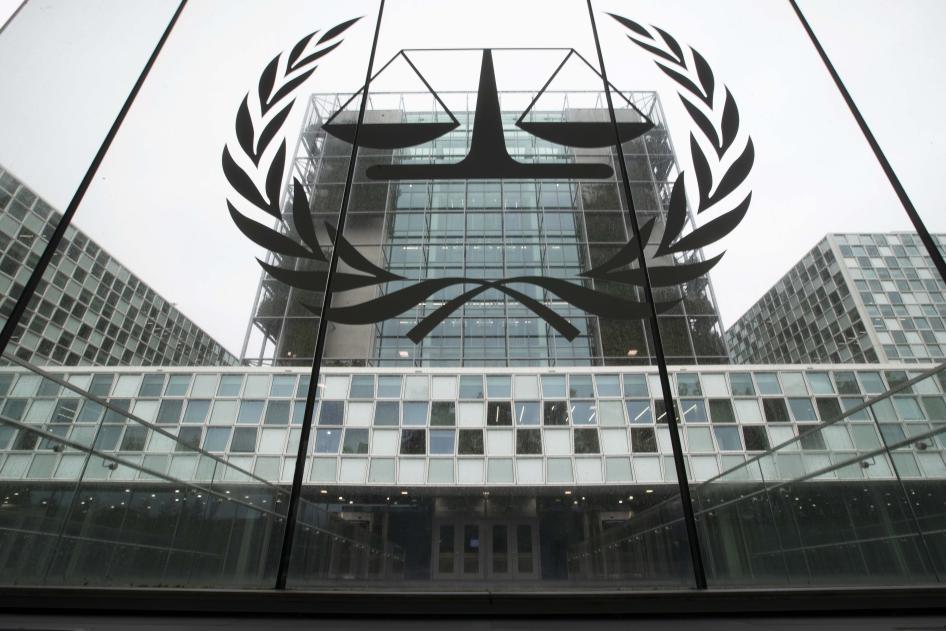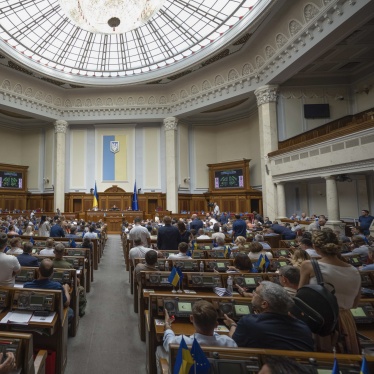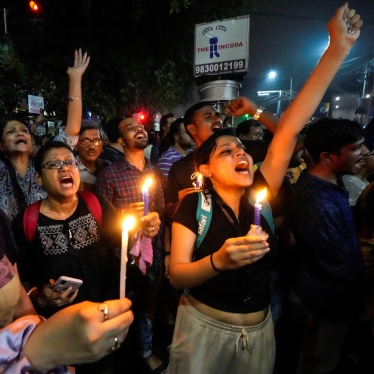Mongolia should deny entry to Russian President Vladimir Putin or arrest him if he enters the country. The Kremlin announced that Putin is planning to travel to Mongolia on September 3, 2024, following an invitation by Mongolian President Ukhnaa Khurelsukh to attend a military anniversary event.
President Putin has been wanted by the International Criminal Court (ICC) since March 17, 2023, when the court’s judges issued arrest warrants against him and his children’s rights commissioner, Maria Lvova-Belova, for the war crimes of unlawful deportation and unlawful transfer of children from occupied areas of Ukraine to Russia.
“Mongolia would be defying its international obligations as an ICC member if it allows Russian President Vladimir Putin to visit without arresting him,” said Maria Elena Vignoli, senior international justice counsel at Human Rights Watch. “Welcoming Putin, an ICC fugitive, would not only be an affront to the many victims of Russian forces’ crimes, but would also undermine the crucial principle that no one, no matter how powerful, is above the law.”
Mongolia became a member of the ICC in 2003. Under the court’s founding treaty, Mongolia has an obligation to cooperate with the court, including by arresting and surrendering any suspects who enter its territory. Without its own police force, the ICC must rely on states and the international community to assist in arrests.
If Putin visits Mongolia, it would be the first time that an ICC member country had welcomed him since the court issued a warrant for him. In August 2023 Putin was expected to attend the BRICS annual leaders’ summit – a group of states that includes both South Africa and Russia – in Johannesburg, but his visit was ultimately cancelled, following pressure by civil society and a South African court decision reaffirming South Africa’s obligation to execute the ICC arrest warrant against him.
All ICC members should follow South Africa’s example and uphold their obligations under the court’s treaty, Human Rights Watch said.
Allowing Putin’s visit would also signal a reversal of Mongolia’s support for the ICC. On June 15 Mongolia joined a statement by 94 ICC member countries declaring their “unwavering support” for the ICC in light of growing threats against the court and its officials. The statement also called on all members “to ensure full cooperation with the Court for it to carry out its important mandate of ensuring equal justice for all victims of genocide, war crimes, crimes against humanity and the crime of aggression, grave crimes that threaten the peace, security and well-being of the world.”
In 2023, Mongolia also nominated one of its supreme court judges, Justice Erdenebalsuren Damdin, to join the ICC bench. He was then elected as the first Mongolian ICC judge.
Along with forced deportation of Ukrainian civilians to Russia, including children, Human Rights Watch has documented numerous violations by Russian forces since their 2022 full-scale invasion of Ukraine, that should be investigated as potential war crimes. These include unlawful attacks on civilians and civilian infrastructure; indiscriminate attacks including widespread use of prohibited weapons, such as cluster munitions; and arbitrary detention, torture, and summary executions of civilians and of Ukrainian soldiers attempting to surrender.
The court’s investigations have so far yielded arrest warrants against six individuals on charges of war crimes and crimes against humanity.
“When Putin planned to attend a BRICS summit in South Africa last year, South Africa faced the choice Mongolia does but made clear that it recognized its obligations to arrest him and he ultimately stayed home,” Vignoli said. “The Mongolian authorities have a chance now to demonstrate in concrete terms their commitment to justice for international crimes by denying Putin entry or arresting him if he enters the country.”






